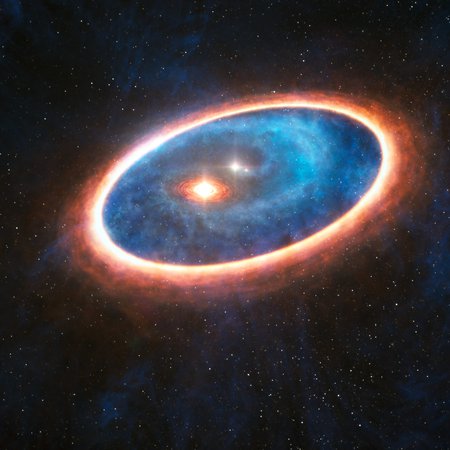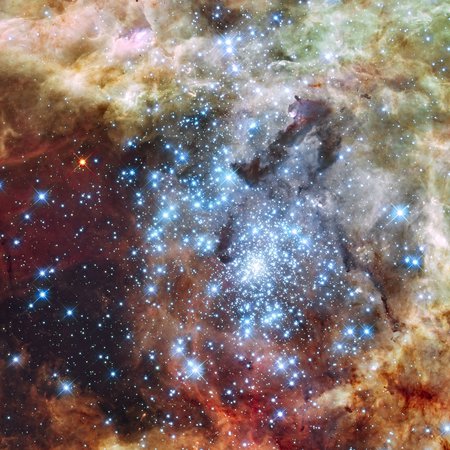Virtual Babelsberg Starry Night
The next lecture of the virtual Babelsberg Starry Nights of the Leibniz Institute for Astrophysics Potsdam (AIP) on the topic "Towards the Sun – update on Solar Orbiter" will be broadcasted starting on Thursday, 17 November 2022 on the YouTube channel "Urknall, Weltall und das Leben". Please note that the lecture will be given in German.
On Thursday, starting at 6 p.m., Dr. Alexander Warmuth's lecture on the topic "Towards the Sun – update on Solar Orbiter" from the Babelsberg Starry Night series will be online.
ESA's Solar Orbiter spacecraft was launched in February 2020 and has been in its science mission phase since its Earth-flyby about a year ago. In this talk, Alexander Warmuth will present some of the first scientific results of this space mission.
This season, the Babelsberg Starry Nights will not take place on site at the AIP, but will come straight to your home: on the 3rd Thursday of each month from 6 p.m. The lectures are available at
https://www.aip.de/babelsberger-sternennaechte
or via the YouTube channel Urknall, Weltall und das Leben (Big bang, the Universe and Life) and can be viewed at any time afterwards.
Further information
Images
Artist’s impression of Solar Orbiter in front of the Sun.
Big screen size [1000 x 1000, 120 KB]
Original size [7016 x 7016, 1.9 MB]




